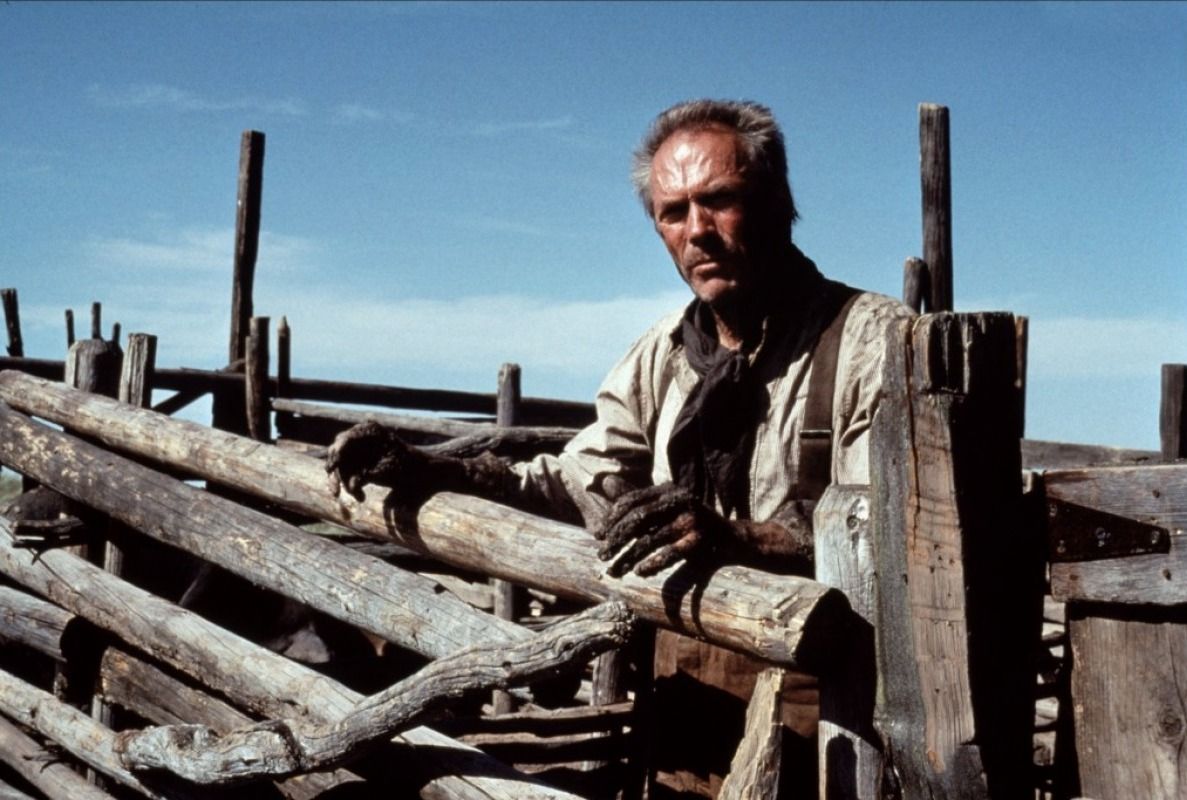
In the annals of Hollywood, there exists a vast, often shadowy, landscape of unacknowledged talent, particularly when it comes to Black actresses. For generations, these remarkable women graced the silver screen, stages, and airwaves with unparalleled skill and charisma, yet systemic racial barriers and limited opportunities frequently conspired to diminish their contributions and erase their names from mainstream memory. Their stories, often confined to the margins of film history, are not merely tales of forgotten performers; they are powerful narratives of resilience, artistry, and an unwavering determination to break through an industry designed to keep them out.
This article embarks on a vital journey to reclaim and celebrate the legacies of ten such pioneering Black actresses. These women, many of whom endured the profound injustices of typecasting and overt discrimination, nonetheless left indelible marks on the entertainment world. They challenged prevailing stereotypes, carved out spaces for authentic Black representation, and paved the way for future generations, even when Hollywood itself failed to grant them the recognition they so rightly deserved. Their work, though sometimes overlooked, continues to inspire, reminding us of the richness and depth that was consistently present in Black cinematic and theatrical contributions from the earliest days.
From the audacious spirit of early film to the nascent days of television, these actresses navigated a complex and often hostile environment, turning limited roles into unforgettable performances. Their careers underscore a critical chapter in American cultural history, highlighting the enduring struggle for diversity and equitable representation in entertainment. Join us as we shine a deserving spotlight on five of these foundational figures, delving into their extraordinary lives and reminding the world why their names must be remembered.
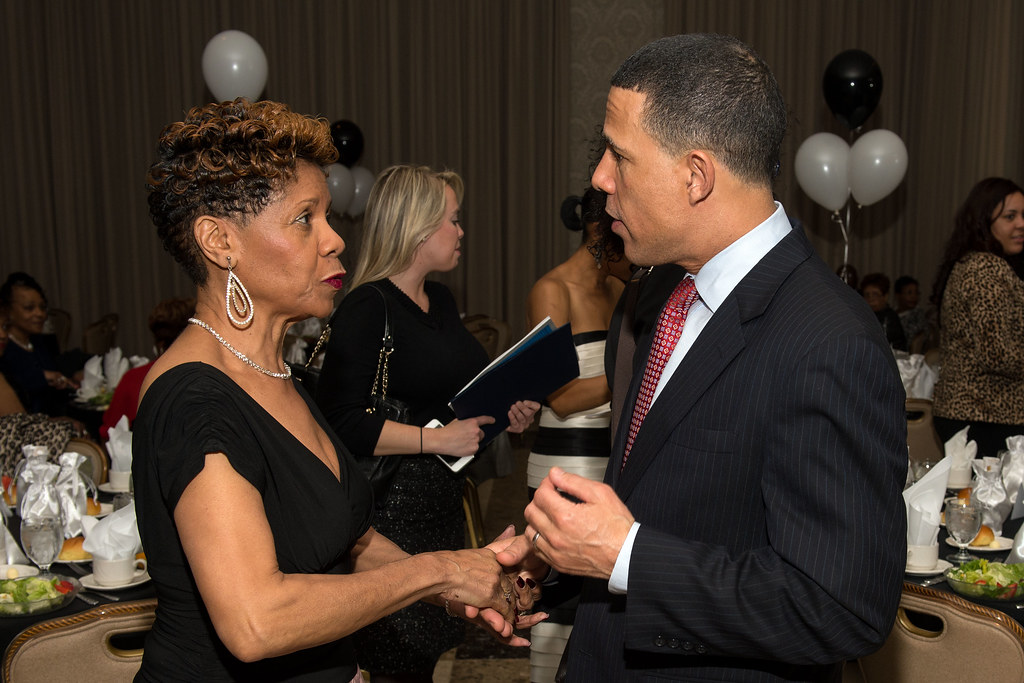
1. **Nina Mae McKinney (1912–1967)**Dubbed “The Black Garbo,” Nina Mae McKinney was a trailblazer whose beauty, magnetic screen presence, and undeniable talent captivated audiences from her very first major role. Her appearance in *Hallelujah* (1929) marked a pivotal moment in cinema history, as it was one of the first all-Black musicals produced by a major studio, MGM. McKinney’s dazzling performance in this groundbreaking film electrified audiences, signaling the arrival of a truly unique star who transcended the rigid racial boundaries of her time, offering a glimpse into a future of more inclusive representation.
Despite her initial success and being the first African American star to sign a long-term contract with a major studio, Hollywood’s deep-seated racial prejudices severely stifled McKinney’s career. The industry, unwilling or unable to envision Black women in complex, leading roles beyond stereotypical caricatures, offered her few substantive opportunities. This tragic limitation meant that a performer of her caliber was consistently denied roles that could fully showcase her versatility and dramatic range, consigning her to a frustrating cycle of underutilization despite her undeniable star power.
Driven by a profound desire for artistic fulfillment and professional respect, McKinney eventually sought better opportunities and appreciation abroad. Her decision to leave Hollywood for Europe was a bold act of defiance, where she found a more welcoming environment for her talents. While her work overseas was truly groundbreaking and allowed her to flourish artistically, it ironically contributed to her contributions remaining largely forgotten back home in America. The absence from the domestic spotlight, though self-imposed due to necessity, meant her significant achievements in Europe went largely unrecognized by the very industry that had once hailed her as its new sensation.
Yet, even with the limited recognition she received in her native country, Nina Mae McKinney’s pioneering spirit and exceptional talent left an indelible mark on the entertainment industry. She inspired countless future generations of Black actresses to pursue their dreams, demonstrating that talent, charisma, and a relentless pursuit of artistry could break through even the most formidable barriers. Her legacy serves as a powerful reminder of the immense talent Hollywood allowed to slip through its grasp, and a testament to the fact that true artistry, no matter how constrained, will always find a way to leave a lasting impression.
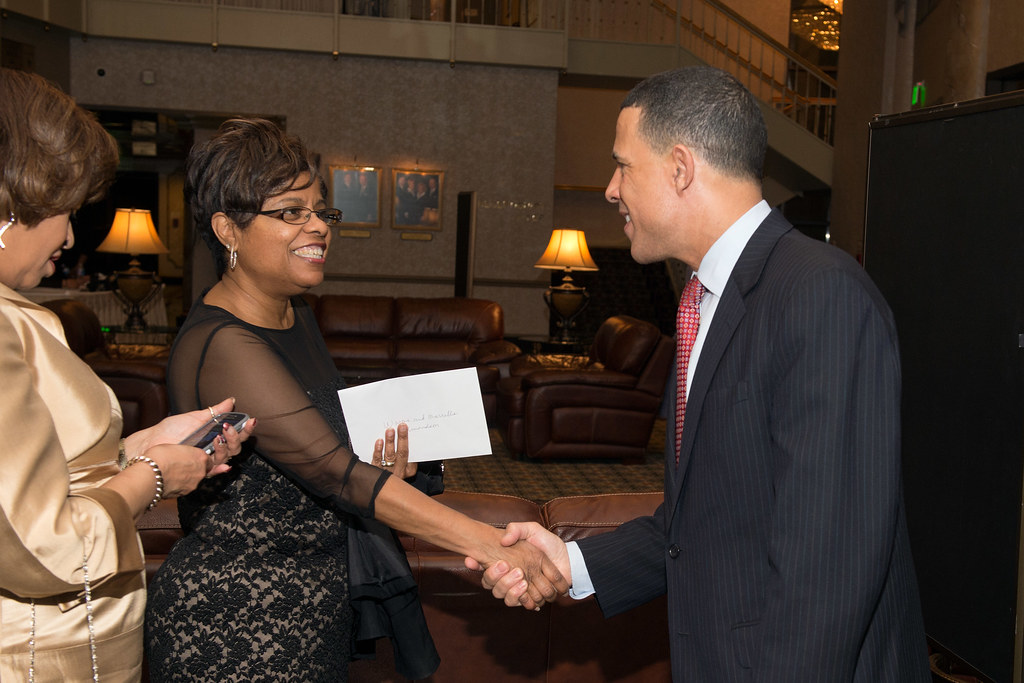
2. **Theresa Harris (1909–1985)**Theresa Harris possessed an undeniable on-screen charisma that allowed her to shine brightly even when relegated to supporting roles alongside some of Hollywood’s biggest stars. Throughout the 1930s and 1940s, she notably appeared with luminaries such as Barbara Stanwyck in *Baby Face* (1933) and Ginger Rogers, often holding her own with a natural presence that frequently rivaled that of the leads. Her performances were marked by a warmth and intelligence that transcended the limited confines of her characters, hinting at an untapped depth that Hollywood was reluctant to explore.
However, the prevailing racial barriers of the era were a cruel reality for Harris, as they were for many Black actresses. Despite her evident talent and ability to connect with audiences, she was almost exclusively confined to portraying “maid” roles. This pervasive typecasting prevented her from ever truly breaking through into more complex or prominent characters, a stark reflection of how Hollywood systematically limited the aspirations and visibility of Black performers. The industry, in its narrow-mindedness, perpetuated stereotypes rather than nurturing genuine talent.
Further compounding the challenge of her career was the consistent lack of prominent credit. Harris’s name seldom appeared prominently on posters or in opening credits, a practice that subtly but effectively diminished her visibility and status as a legitimate actress. This deliberate act of erasure, while perhaps common for supporting players, carried a particular sting for Black performers, further solidifying their secondary status in the public imagination. It made it difficult for her to build a recognizable name or a career trajectory that matched her inherent capabilities.
Despite these formidable professional obstacles and the systemic attempt to render her invisible, Theresa Harris’s talent and commanding screen presence left an enduring impression on audiences. Her nuanced performances, even within the most restrictive roles, showcased her remarkable range and depth as an actress, allowing her humanity to shine through the caricatures. Her legacy, therefore, endures not just as a testament to her individual abilities, but as a poignant reminder of the countless talents that Hollywood tragically overlooked and undervalued due to its ingrained racial constraints, leaving a void where a flourishing career should have been.
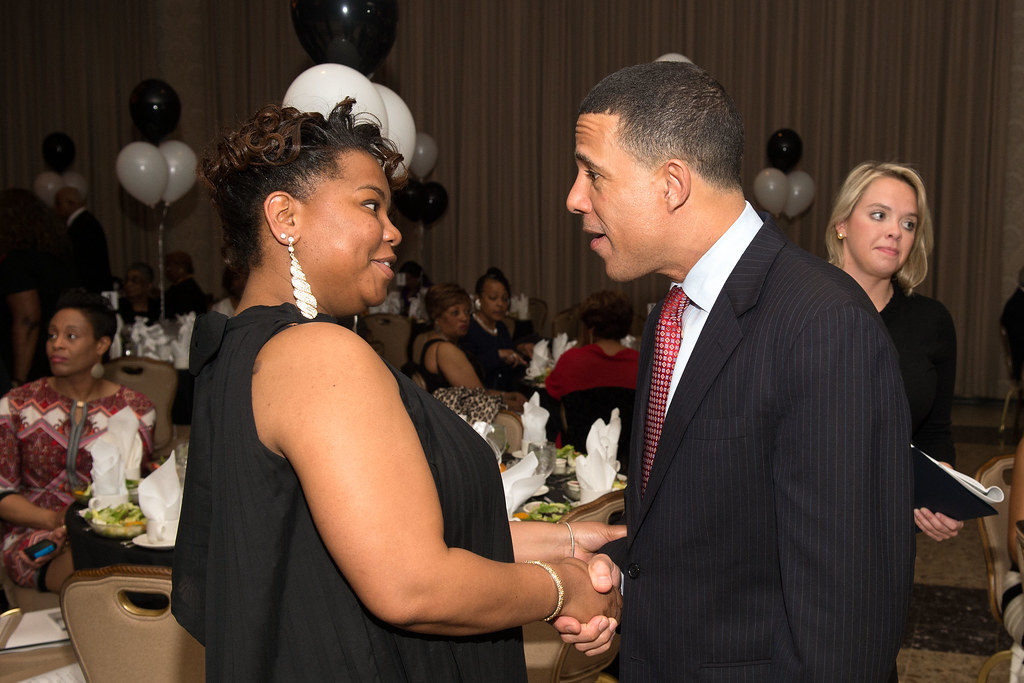
3. **Louise Beavers (1902–1962)**Louise Beavers stands as one of the most recognizable Black actresses of the 1930s, her face and profound emotional honesty gracing numerous films. She became particularly renowned for her deeply moving portrayal of Delilah, a single mother, in the original 1934 film version of *Imitation of Life*. Her performance in this powerful drama resonated deeply with audiences, capturing the heart of a narrative that, despite its problematic racial undertones, allowed Beavers to convey a complex range of emotions, from unwavering maternal love to quiet resilience in the face of societal hardship.
Yet, the very role that brought her widespread recognition also highlighted Hollywood’s inherent racial constraints. While *Imitation of Life* provided her with a central, albeit servile, character, the vast majority of her roles thereafter saw her typecast almost exclusively in domestic capacities – as cooks, maids, or nannies. This pervasive pattern of servile roles consistently overshadowed her immense talent and limited her potential for career growth. Despite becoming a beloved character actress, the industry’s inability or unwillingness to cast her in a broader spectrum of roles ultimately curtailed the full scope of her legacy, denying her the leading lady status her talent warranted.
Beavers’ performances, even within these restrictive parameters, were consistently heartfelt and authentic, infusing her characters with a dignity and humanity that transcended the stereotypes they were meant to embody. Her ability to bring such depth and emotional truth to what could have been one-dimensional parts resonated powerfully with audiences, allowing them to connect with the characters on a profound level. This skill demonstrated an exceptional range and a commitment to her craft that few could match, regardless of the limitations imposed upon her by the studio system.
Today, Louise Beavers is remembered and celebrated not merely for the quantity of her appearances, but for her remarkable ability to infuse depth and humanity into every character she inhabited, despite the industry’s pervasive limitations. She masterfully navigated a challenging cinematic landscape, leaving behind a body of work that, while constrained, remains a powerful testament to her enduring talent. Her resilience and artistry serve as an inspiration, reminding us of the profound impact an actress can have, even when Hollywood’s doors were only partially open.
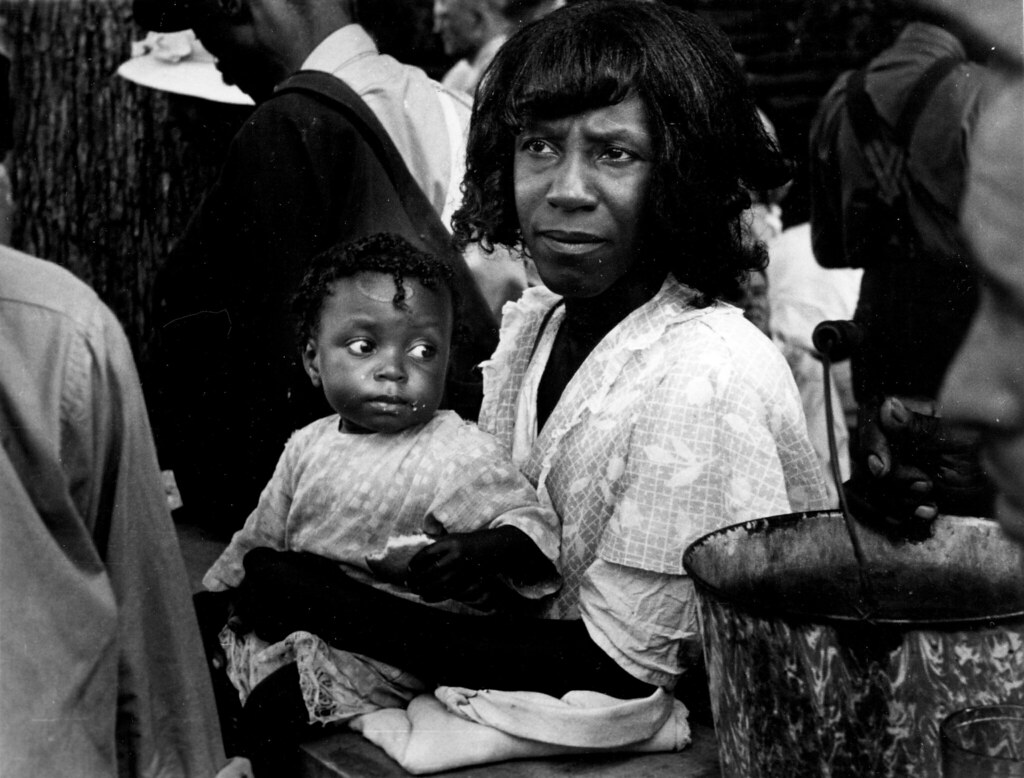
4. **Fredi Washington (1903–1994)**Fredi Washington achieved significant acclaim for her poignant and complex portrayal of Peola in the original 1934 film *Imitation of Life*. In a performance that was both groundbreaking and deeply controversial for its time, Washington played a light-skinned Black woman who chooses to pass for white, a narrative that explored the painful nuances of racial identity and societal pressures in America. Her nuanced depiction brought a raw honesty to the screen, forcing audiences to confront uncomfortable truths about race, class, and belonging, even as Hollywood struggled with how to present such a challenging figure.
Despite her undeniable talent and the critical attention her performance garnered, Washington found her opportunities in Hollywood severely limited. The industry, then as now, was ill-equipped to handle actresses who didn’t fit into neatly prescribed, often stereotypical, boxes. For a light-skinned Black woman, the roles available were particularly scarce and often fraught with racial ambiguities that studios were hesitant to explore truthfully. This systemic inability to embrace complex Black womanhood beyond a narrow range of archetypes meant that Washington’s brilliance was consistently undervalued and underutilized on screen.
Washington’s artistry extended far beyond her film work; she was also a highly talented stage actress and a graceful dancer, with a career richly marked by both artistic innovation and impassioned activism. Recognizing the limitations placed upon Black performers, she became a fierce advocate for civil rights and racial justice within the entertainment industry, using her platform to challenge the very system that sought to restrict her. Her nuanced performances and unwavering advocacy for Black performers, though not fully recognized in their time, laid crucial groundwork for future generations.
Today, Fredi Washington is rightfully celebrated for her courage in breaking barriers and her pioneering efforts to pave the way for more diverse and authentic representations in film. Her legacy is one of resilience and intellectual integrity, a woman who refused to compromise her identity or her principles for the sake of Hollywood fame. She not only delivered powerful performances but also championed the cause of Black artists, enduring personal sacrifice to ensure that the stories of Black women could one day be told with the dignity and complexity they deserved, challenging an industry that was slow to embrace her full potential.

5. **Butterfly McQueen (1911–1995)**Butterfly McQueen remains indelibly etched in cinematic memory for her portrayal of Prissy in the iconic 1939 film *Gone with the Wind*. Her performance, marked by a distinct, nervous comedic energy and a childlike demeanor, delivered one of the film’s most memorable lines and created a character that has been discussed and debated for decades. Despite the controversy surrounding the film’s portrayal of Black characters, McQueen’s unique presence and animated delivery made an immediate and lasting impression on audiences worldwide, turning a supporting role into a cultural touchstone.
However, the very role that brought her fame became a double-edged sword, trapping her in a cycle of typecasting. McQueen was consistently relegated to playing variations of comedic or domestic roles, almost always in a subservient capacity. This limited scope was incredibly frustrating for an actress of her vibrant personality and intelligence, as it prevented her from exploring more diverse and challenging characters. The Hollywood system, once again, demonstrated its reluctance to see Black actresses beyond narrow, demeaning archetypes, regardless of their individual talent or popularity.
Ultimately, McQueen’s profound dissatisfaction with Hollywood’s pervasive discrimination led her to make a significant decision: she eventually left acting altogether. Her departure was a powerful statement against an industry that refused to allow her artistic growth. In the years that followed, she pursued academic and philosophical interests, demonstrating her intellectual curiosity and desire for a more meaningful engagement with the world beyond the confines of stereotypical film roles. This courageous choice highlighted the immense personal cost of working within a segregated and unjust industry.
Despite her eventual withdrawal from the silver screen, Butterfly McQueen’s lively and spirited performances left an undeniable and lasting impression on audiences, ensuring her place in film history. Her decision to step away from the entertainment industry serves as a stark illustration of the profound challenges and emotional toll faced by Black actresses during that era. Today, McQueen’s legacy endures as a testament to her unique talent and as a poignant reminder of the systemic barriers that prevented so many gifted performers from realizing their full potential, inspiring those who continue to remember her distinctive contributions to cinema.

6. **Ethel Waters (1896–1977)**Ethel Waters was an extraordinary talent, a true trailblazer who carved out an unparalleled career across multiple entertainment mediums during an era rife with racial segregation. Her name shines bright as the first African American to ever star on her own television show, *The Ethel Waters Show*, which debuted in the nascent days of the medium in 1939. This singular achievement alone speaks volumes about her pioneering spirit and undeniable appeal, marking a significant moment in the history of Black representation on the airwaves and setting a precedent that few could follow.
Her remarkable versatility was evident in a career that traversed the demanding stages of Broadway, the burgeoning world of film, and the exciting new frontier of television. Waters was a successful singer whose powerful voice and emotional delivery captivated audiences for decades, and her transition to acting was equally impactful, culminating in an Academy Award nomination for her compelling performance in the 1949 film *Pinky*. This nod from the Academy was a powerful testament to her dramatic depth and ability to command the screen, firmly establishing her as a force to be reckoned with in Hollywood.
Despite her groundbreaking achievements and sustained artistic output, Ethel Waters’ profound contributions often remain less celebrated today than they deserve. She was a singular talent who navigated and conquered segregated entertainment landscapes with grace and formidable skill, leaving an indelible mark that profoundly influenced countless performers who followed in her footsteps. Her ability to seamlessly cross genres and mediums showcased a rare artistic agility, making her a crucial pioneer whose career laid vital groundwork for future generations of Black performers seeking diverse and meaningful opportunities beyond the confines of stereotypical roles.
Her legacy reminds us that true artistry transcends time, even if institutional memory falters. Waters demonstrated that Black actresses possessed the talent, charisma, and intellectual depth to succeed in any facet of entertainment, pushing against the rigid boundaries of her time. Her story is a powerful call to revisit and reclaim the narratives of those who, through sheer determination and immense talent, shaped the very landscape of American entertainment, ensuring that their names resonate as brightly in history as they did during their own groundbreaking careers.
Read more about: Unsung Architects of the Small Screen: Remembering the Black TV Pioneers Who Transformed Hollywood’s Landscape Forever

7. **Lillian Randolph (1898–1980)**Lillian Randolph possessed a distinctive voice and a compelling presence that made her a highly sought-after talent across radio, film, and television for decades. While many might recognize her from her long-running role on the popular radio show *The Great Gildersleeve* or her memorable appearance in Frank Capra’s beloved holiday classic *It’s a Wonderful Life* (1946), her steady work often came with the unfortunate caveat of being uncredited or, more frequently, typecast. Despite her consistent employment, Hollywood’s racial hierarchies meant she was almost always relegated to playing domestic servants, diminishing her visibility as a versatile actress.
Her wide range of talents extended far beyond simply delivering lines; Randolph was celebrated for her rich vocal work, a skill that allowed her to bring unique characterizations to her radio performances, imbuing even minor parts with warmth and personality. Yet, this remarkable aspect of her artistry is not commonly recognized in conventional film histories, which tend to overlook the nuanced contributions of Black performers in a supporting capacity. Her masterful ability to transition between different mediums and deliver compelling, authentic performances consistently highlights a versatility that the industry was reluctant to fully acknowledge or nurture.
Lillian Randolph stands as a pioneering figure who, through sheer persistence and talent, broke barriers in an industry that offered exceptionally limited opportunities for Black actresses to grow beyond narrow stereotypes. Even when confined to “maid” roles, she brought a dignity and an intelligence to her characters that transcended the written part, forcing audiences to see the humanity beneath the surface. Her enduring legacy is not merely in the quantity of her roles, but in the quality of her performances, which serve as a poignant reminder of the immense talent Hollywood frequently undervalued due to its ingrained racial constraints, leaving a void where a flourishing, multifaceted career should have been.

8. **Amanda Randolph (1896–1967)**Breaking new ground with remarkable determination, Amanda Randolph etched her name into broadcasting history as the first Black American woman to host her own television show in the 1940s. This groundbreaking achievement was a monumental step forward for Black women in media, shattering previously impenetrable ceilings and demonstrating an undeniable capability for leadership and on-screen charisma. Beyond this pioneering role, Randolph also held regular, prominent positions in popular 1950s television series, including beloved sitcoms such as *Make Room for Daddy* and *The Danny Thomas Show*, establishing herself as a familiar and cherished face in American households.
Yet, despite her significant and pioneering work in the nascent years of television, Amanda Randolph is, regrettably, seldom mentioned in broader discussions of early TV pioneers. Her contributions were not merely confined to acting; she was a multifaceted performer whose presence on screen helped to normalize Black faces in a medium that was still finding its footing, paving the way for future generations to follow. Her consistent work and barrier-breaking achievements were foundational, subtly but powerfully shaping the television landscape at a critical juncture in its development, making her erasure from mainstream historical narratives all the more striking.
Randolph’s career stands as a powerful testament to her talent, resilience, and unwavering determination in the face of systemic barriers. Her pioneering spirit illuminates the broader and often overlooked impact that Black actresses have had on shaping the television landscape, not just as performers but as figures who fundamentally altered perceptions of who could appear on screen and in what capacity. Her story encourages us to look beyond the easily remembered names and delve into the rich, complex tapestry of early television, recognizing the architects of change who, like Randolph, built pathways for diversity through their sustained excellence and quiet revolution.
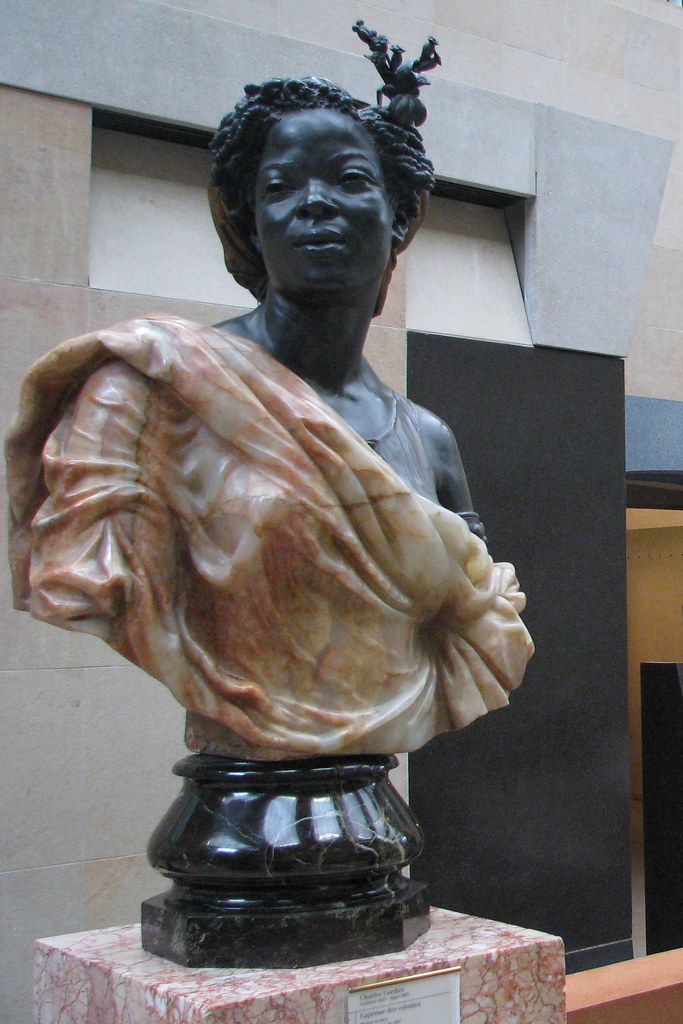
9. **Hilda Simms (1918–1994)**Hilda Simms captivated audiences with her powerful stage presence, rising to significant fame on Broadway with her starring role in *Anna Lucasta* (1944). This production was a monumental success, recognized as one of the first all-Black Broadway hits, and Simms’ portrayal was central to its critical and popular acclaim. Her theatrical triumph showcased an undeniable talent and a commanding stage presence that promised a brilliant career, yet the doors of Hollywood, unfortunately, remained largely closed or only partially ajar, offering opportunities that scarcely matched her proved capabilities.
Despite her immense success on the legitimate stage, Simms found opportunities in the film industry to be sparse and generally limited. She did transition into a handful of film and television roles, including appearances in various anthology drama shows, where she continued to demonstrate her dramatic range and intellectual depth. However, her on-screen legacy was undeniably constrained by the pervasive limitations and racial typecasting prevalent in the industry, preventing her from achieving the widespread cinematic recognition that her extraordinary talent and stage accolades so clearly warranted.
Hilda Simms is primarily remembered for her profound contributions to theater, where she truly flourished, and for her remarkable perseverance in pursuing her artistic passion despite formidable industry barriers. Her journey is an inspiring narrative of resilience, demonstrating how Black performers fought to create spaces for their art, even when mainstream Hollywood was reluctant to embrace them. She continues to inspire future generations of Black performers to relentlessly break barriers in the entertainment industry, reminding us that the stage, like any platform, can be a powerful arena for challenging norms and showcasing unparalleled talent.
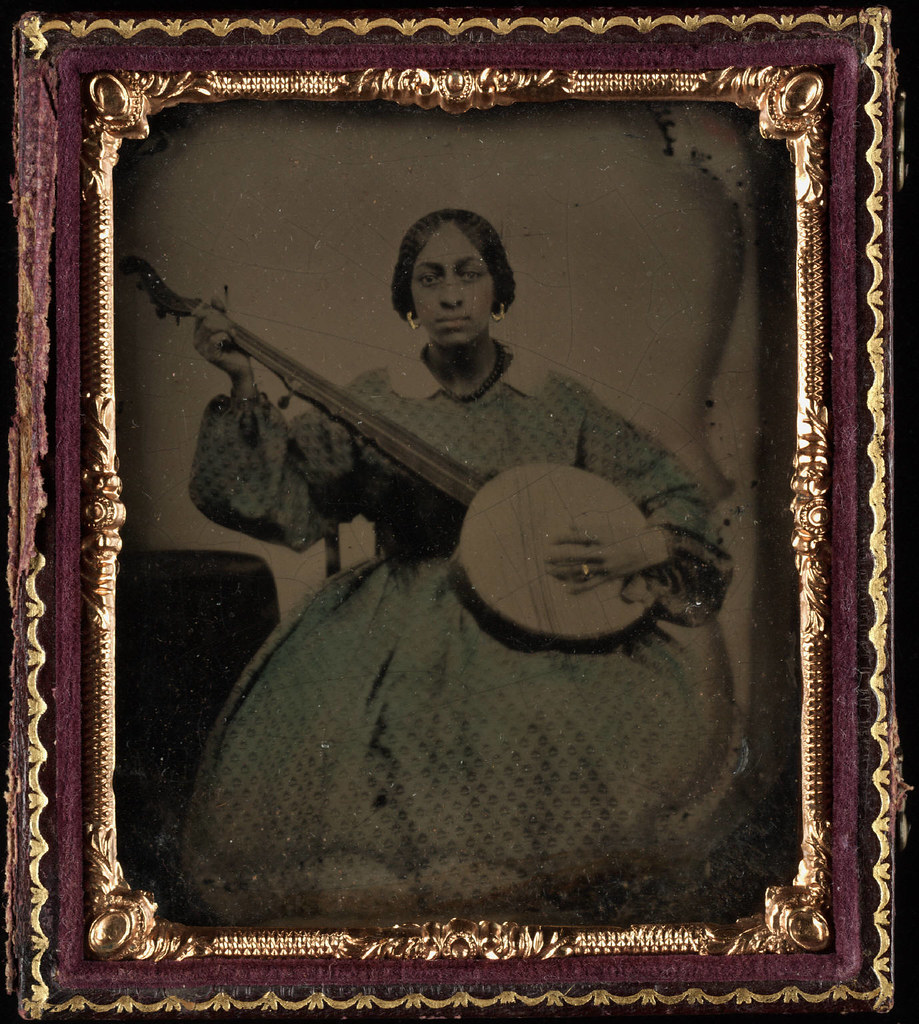
10. **Juanita Moore (1914–2014)**Juanita Moore’s name is indelibly linked with one of Hollywood’s most emotionally resonant performances, earning her an Academy Award nomination for her role as Annie Johnson in the 1959 remake of *Imitation of Life*. Her portrayal of a Black single mother, grappling with the complexities of racial identity and the pain of a daughter passing for white, was delivered with a depth, empathy, and raw honesty that profoundly moved audiences and critics alike. This nomination was a historic achievement, making her one of only five Black actors to be recognized by the Oscars by 1960, a stark illustration of the industry’s historical exclusion.
Despite this monumental achievement and undeniable critical acclaim, the path to sustained leading roles remained frustratingly elusive for Moore. Her stellar performance, which should have launched a flourishing and diverse career, often found itself eclipsed by the film’s major star, Lana Turner, highlighting how systemic biases prevented Black actresses from converting critical success into mainstream stardom. Moore’s talent and dedication were powerfully evident in every scene, yet the scarcity of meaningful roles that followed underscores Hollywood’s persistent reluctance to fully embrace and nurture Black talent beyond specific, often stereotypical, narratives.
Moore’s legacy endures as a powerful inspiration for Black actresses, showcasing the immense impact and crucial importance of authentic representation in film, even when the industry itself failed to fully embrace their potential. Her ability to infuse Annie Johnson with such profound humanity and quiet strength allowed her to transcend the problematic “mammy” archetype, presenting a complex Black maternal figure who resonated deeply with universal themes of love, sacrifice, and identity. Her performance, therefore, stands not only as a testament to her individual brilliance but as a milestone in the slow, arduous journey toward more nuanced and equitable portrayals of Black women on screen.
Her career serves as a potent reminder that while recognition from prestigious institutions like the Academy is vital, the true measure of an artist’s impact often lies in their ability to touch hearts and minds, transcending the limitations imposed upon them by an imperfect industry. Juanita Moore did precisely that, leaving behind a body of work that continues to speak volumes about the untapped talent and profound stories that Hollywood, for too long, chose to overlook. She paved an essential emotional and representational path, inspiring generations to come to see and seek out the true depth of Black womanhood in cinema.
In celebrating these remarkable women—Ethel Waters, Lillian Randolph, Amanda Randolph, Hilda Simms, and Juanita Moore—we gain a deeper appreciation for the enduring strength, versatility, and artistic brilliance that flourished despite profound systemic barriers. Their journeys illuminate the often-hidden history of Black actresses who, through their sheer talent and unwavering spirit, not only graced screens and stages but fundamentally transformed the entertainment industry. Their legacies are not just about individual achievements but about the collective impact of those who refused to be forgotten, whose work continues to resonate, challenge, and inspire. By remembering their names and honoring their contributions, we ensure that the rich tapestry of Hollywood history finally reflects the full spectrum of its true stars.



